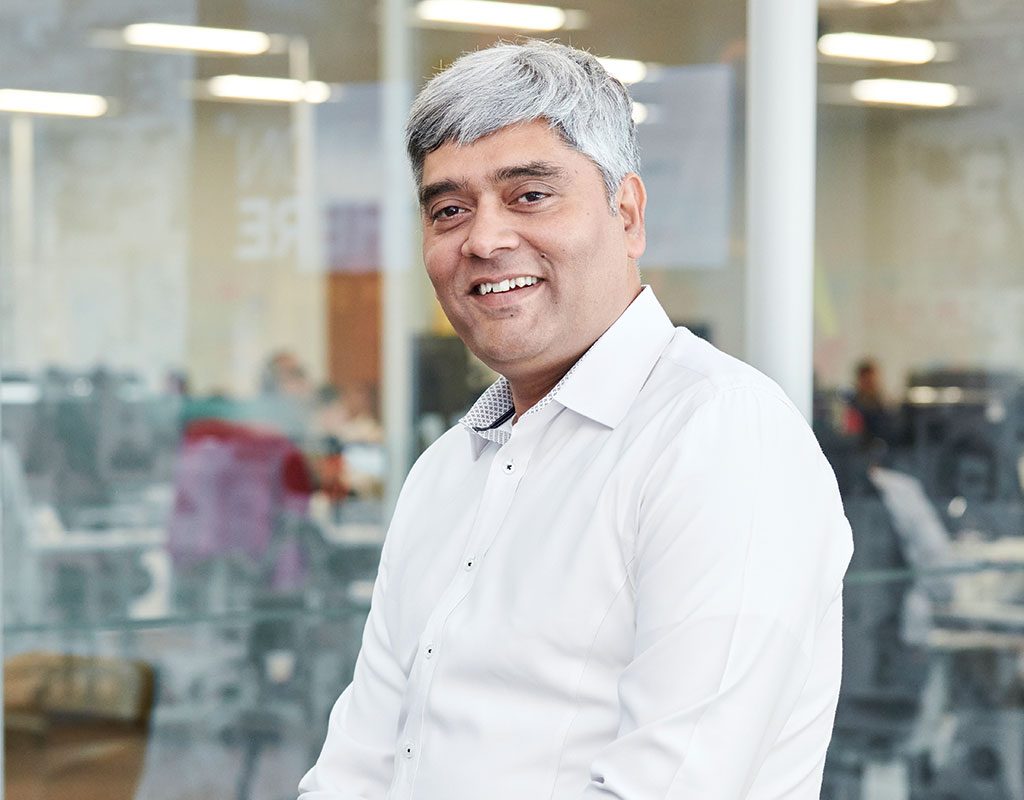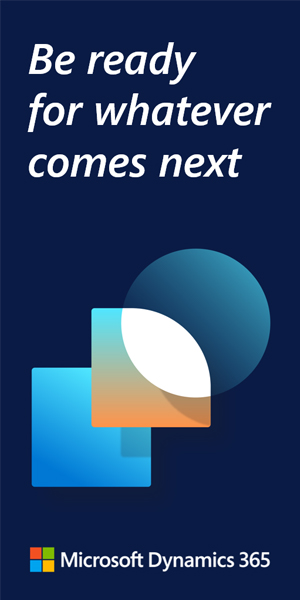It has always been about the people. One thing that has remained unchanged during the 75 years of the NHS has been the focus on the people who use the country’s healthcare services to get better, and the people delivering that care. Yet resources aren’t endless – we’re seeing that more than ever, with long waiting lists and tight staffing numbers. That’s why it’s incredibly important to call upon digital technologies and new innovative solutions that will continue to provide positive patient outcomes at a time when services are under intense pressure.
Ultimately, the aim is to give frontline workers the time and resources they need to dedicate their working day to what’s most important – delivering care to the people who need it. But there’s still too much time being spent on repetitive mundane tasks that deliver value but are inefficient in the way they are carried out manually. So why not automate these tasks and give people more time to care for patients?
Microsoft is working with the NHS to enable it to thrive in a digital-first world. As well as reducing the administrative burden on staff, automation can also streamline the process of onboarding new staff and make workflows more efficient across the board. It all points towards a better quality of care that I’m sure everyone can get behind and it comes from working smarter with the same workforce.
AI can improve accuracy and efficiency
AI solutions are changing lives and improving the delivery of care for people all over the world. Take breast cancer for example – more specifically, the way it’s identified by medical staff. The detection of breast cancer can be difficult with an incidence of six in 1000 women, which is why in the UK and in Europe, two specialists read every mammogram to make sure nothing is missed. But with more than two million people in the UK having a breast cancer screening every year, waiting lists are long.
NHS Grampian is evaluating Kheiron Medical Technologies’ AI solution Mia, which is supported by Microsoft’s Azure Cloud. The solution combines the power of AI with the insight of a highly trained radiologist to detect breast cancers. The system has increased the detection of breast cancers and reduced pressure on the screening service.
We’ve also worked with Northumbria Healthcare NHS Foundation Trust to develop AI-powered personalized risk assessments for patients, which help surgeons to provide clear and transparent advice before potential surgery. The technology not only helps to reassure patients but can also reduce waiting times as procedures are able to be performed in the most suitable hospital for that patient, based on the likely outcome of an operation.
The reason AI is so revolutionary in this industry is that it provides an immediate, practical and highly accessible entry point for healthcare organizations to adopt a new generation of applications. Low code and cloud-based solutions using AI can be scaled up quickly to improve workplace processes and support better patient outcomes. So, in many cases, healthcare providers can achieve efficiency in the way an app is developed, the way it’s implemented and the way it’s used.
Robust data and platforms help create new services
All of this is helping the NHS to recover from Covid-19 at a time when budgets are under pressure. With digital technologies, we can give the NHS tools that allow patients to self-service as they access and manage their own healthcare. Rather than healthcare being something people have done to them, it enables them to be participants in receiving the care they need on their own terms.
For this to happen and work at its best, we need for every part of the healthcare delivery chain to be joined up, rather than operating in silos. Central to this is a secure and trusted cloud infrastructure that gives the NHS and local authorities the power to collaborate on the rollout of care across the population. Unlock that capability and suddenly you have a bird’s eye view that enables the delivery of healthcare that serves everyone equally – regardless of where they are socio-demographically and geographically.
The future lies in the ability to deliver healthcare in a way that best suits each patient and in a way where they feel as comfortable as possible. To that end, virtual wards, where remote monitoring and care is provided to patients in their own homes, is already proving successful and popular with those receiving care. Modern communication technology, and the robust frameworks that the technology sits within, are making this approach possible.
Meanwhile, infrastructures that allow the secure sharing of patient data and collaboration with trusted partners from the public and private sector, including academia, can have a huge impact as well. The more we know about patients and how they respond to treatments, the faster we’re able to innovate in the area of precision medicine, where treatments can be tailored to individuals.
Securing the future
The acute focus on secure and resilient data infrastructures and cloud platforms is very deliberate. Not only is the NHS trying to combat a broad spectrum of ailments in a challenging environment, it is also battling against cybercrime. Like every organization operating today, cybersecurity is a concern. And when sensitive patient data is being viewed and analyzed to deliver services, there’s a lot at stake if there are any weak links in the chain.
That’s why Microsoft is working with the NHS to provide a comprehensive suite of security solutions to protect the NHS’s people, data and assets. These include threat protection, data governance and compliance solutions that will continue to bolster the health service’s cyber resilience going forward.
A digital healthcare system is one that is stronger, better connected, and better able to serve patients and equip workers. Most importantly, with the digital transformation of healthcare services in the UK, we’re able to amplify the efforts of the hardworking frontline staff who care deeply for their patients. AI and automation are enabling the NHS to get smarter and provide tools that are more efficient and services that are better tailored to patients. Despite the challenges facing the industry, and indeed the country at present, it is possible to create a service that puts people first and continues to do so for years to come.






